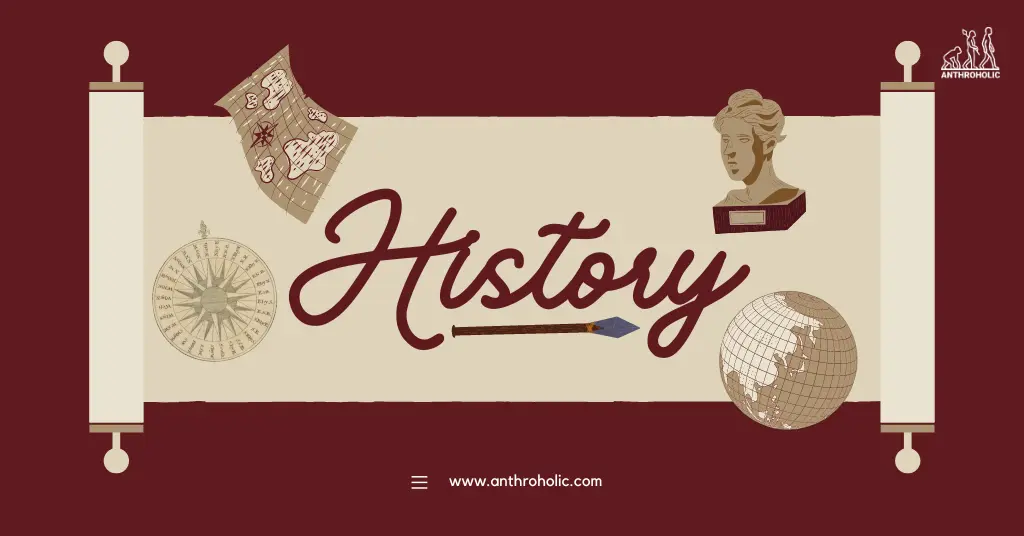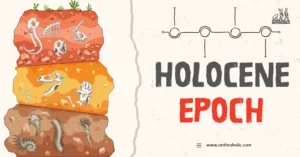AI Answer Evaluation Platform Live Now. Try Free Answer Evaluation Now
History
History is an enchanting tapestry woven from the threads of time, people, and events. It offers us a compelling chronicle of humanity’s past and its evolution. This article will delve into the fascinating saga of history, its importance, various periods, and different historical research methods.

Understanding History
History is the study of the past – the people, societies, events, and problems of the past, as well as our attempts to understand them [1]. It is an opportunity to explore different epochs, cultures, and human behavior.
The Importance of History
Understanding our history brings numerous benefits, including:
- Providing Perspective: History provides context and perspective for understanding the present.
- Learning from the Past: It allows us to learn from past mistakes and successes.
- Cultural Understanding: History helps us understand different cultures, promoting empathy and respect.
- Informed Decisions: History can guide current policy-making decisions, providing lessons from the past.
Divisions of Historical Periods
History is broadly divided into three main periods: ancient, medieval, and modern. Below is a tabulated representation of these periods.
| Period | Time Frame | Characteristic Events |
|---|---|---|
| Ancient | 3000 BC – 500 AD | Birth of civilizations, emergence of writing, development of major religions |
| Medieval | 500 – 1500 AD | Feudalism, Crusades, Black Death, Renaissance |
| Modern | 1500 AD – Present | Enlightenment, Industrial Revolution, World Wars, Digital Age |
1. Ancient History
Ancient history extends from the early human civilizations to the fall of the Western Roman Empire in 476 AD [2]. Key events in this period include the development of writing, establishment of legal codes, and the birth of major religions such as Buddhism, Christianity, and Islam.
2. Medieval History
The medieval period, also known as the Middle Ages, spanned from the 5th to the late 15th century [3]. It was characterized by feudalism, religious crusades, and the eventual Renaissance, which sparked a rebirth of learning and culture.
3. Modern History
Modern history encompasses the period from the late 15th century to the present [4]. It has seen significant transformations such as the Industrial Revolution, decolonization, technological advancements, and globalization.
Methods of Historical Research
Historical research requires meticulous methodology, primarily including:
- Primary Source Analysis: These are first-hand accounts of an event or period in history, like letters, diaries, photographs, or speeches [5].
- Secondary Source Analysis: These are interpretations and analyses of primary sources by other historians or scholars [5].
- Oral Histories: These involve interviews with individuals who have personal knowledge of historical events [5].
Key Themes in History
History encompasses a vast range of themes. Some of the most common ones include warfare, politics, culture, economics, and society. Each theme has its unique appeal and contributes to the understanding of the human journey.
- Warfare: Warfare has been a constant aspect of human society. Understanding the nature, causes, and impacts of wars gives us insights into power structures, societal changes, and technological advancements [6].
- Politics: The study of politics in history involves examining governance structures, political ideologies, revolutions, and the lives of influential leaders. It helps us understand the evolution of modern political systems [7].
- Culture: Exploring historical cultural practices, beliefs, and arts offer a rich perspective on human creativity and diversity. It allows us to appreciate different cultures and trace the roots of contemporary cultural phenomena [8].
- Economics: Economic history involves studying the economic activities, systems, and theories of the past. It offers lessons about economic cycles, market behaviors, and the impact of economic policies [9].
- Society: Historical research on societal themes includes studying population trends, social structures, gender roles, and societal changes over time. It helps us understand the evolution of societies and their impact on the present [10].
Famous Historians and Their Contributions
Several historians have shaped the field of history with their works. Here are a few notable historians and their contributions:
| Historian | Contribution |
|---|---|
| Herodotus | Known as the ‘Father of History’, Herodotus is credited with being the first to approach history systematically and critically [11]. |
| Thucydides | Thucydides emphasized factual integrity over storytelling and considered human nature and power politics as key factors influencing historical events [12]. |
| Leopold von Ranke | Ranke established professional standards for historical research, advocating for primary source analysis and an objective interpretation of history [13]. |
| E.H. Carr | Carr’s work challenged the objective view of history and proposed that history is a subjective interpretation influenced by the historian’s perspective [14]. |
Challenges in Studying History
Despite the importance of history, studying it comes with several challenges:
- Biased Interpretation: Historians often have personal biases that may influence their interpretation of events [15].
- Limited Sources: For some periods or events, there may be a lack of available primary sources.
- Lost Information: Over time, some information may be lost due to the destruction of sources or cultural erosion.
- Historical Revisionism: History can be manipulated or revised to suit political agendas, leading to skewed interpretations.
In conclusion, history is not merely the study of the past; it is a powerful tool that enables us to understand our present and shape our future. It offers a comprehensive account of human achievements, failures, and changes. As famously quoted by Spanish philosopher George Santayana, “Those who cannot remember the past are condemned to repeat it,” underscoring the critical role of history in our lives.
References
[1] “The Importance of History,” Oracle Education Foundation.
[2] Durant, W. (1935). Our Oriental Heritage. New York: Simon and Schuster.
[3] Cantor, N. (1994). The Civilization of the Middle Ages. New York: Harper Collins.
[4] Hobsbawm, E. (1994). The Age of Extremes: The Short Twentieth Century, 1914–1991. London: Michael Joseph.
[5] Presnell, J. (2007). The Information-Literate Historian: A Guide to Research for History Students. New York: Oxford University Press.
[6] Black, J. (2004). War and the Cultural Turn. Polity Press.
[7] Tilly, C. (1985). War making and state making as organized crime. In Bringing the State Back In, Cambridge University Press.
[8] Burke, P. (2008). What is Cultural History?. Polity Press.
[9] Clark, G. (2007). A Farewell to Alms: A Brief Economic History of the World. Princeton University Press.
[10] Berger, S. (2015). Writing the History of the Global: Challenges for the Twenty-First Century. Bloomsbury Publishing.
[11] Fehling, D. (1989). Herodotus and His ‘Sources’: Citation, Invention, and Narrative Art. Francis Cairns.
[12] Rood, T. (1998). Thucydides: Narrative and Explanation. Oxford University Press.
[13] Iggers, G. (2018). Leopold von Ranke and the Shaping of the Historical Discipline. Syracuse University Press.
[14] Carr, E. H. (1961). What Is History? Vintage Books.
[15] Evans, R. J. (1997). In Defense of History. W. W. Norton & Company.




